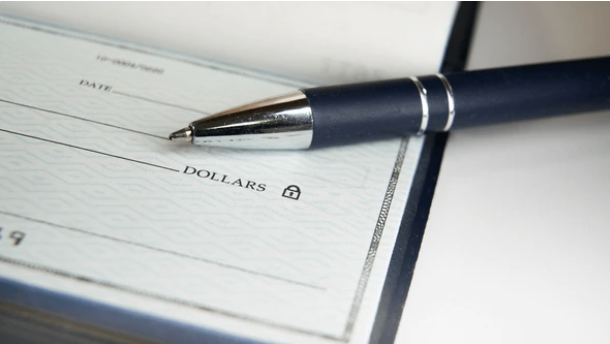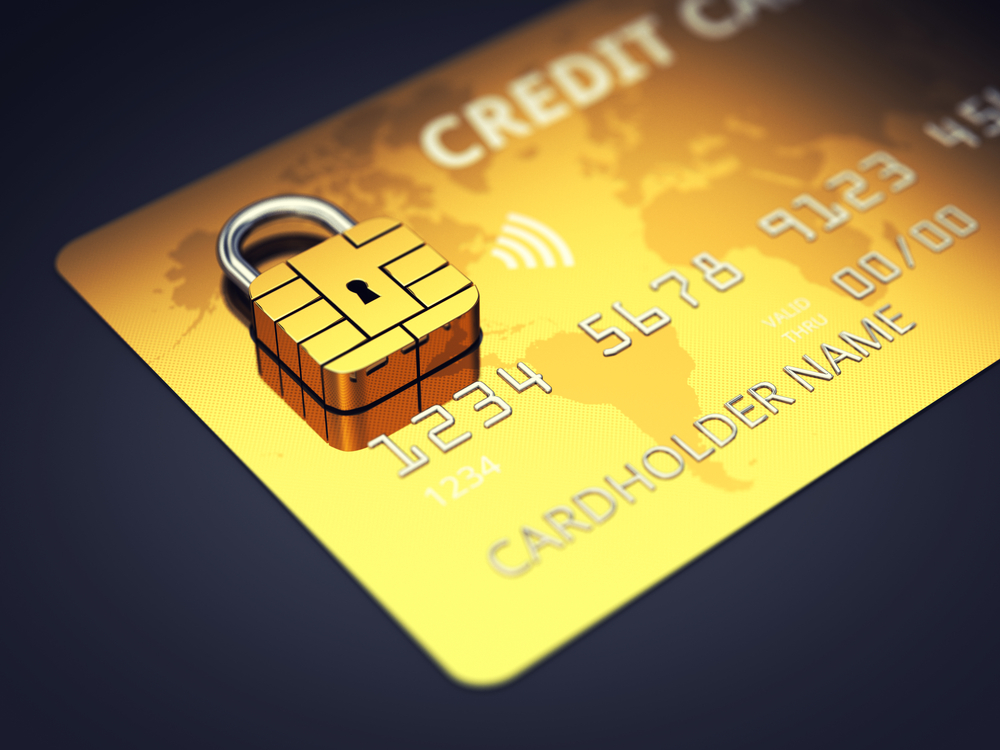Fraud Helping Kill Pay-by-Check in Stores
- Target has stopped accepting personal checks due to low usage and increasing fraud concerns
- Statistics indicate near doubling of check fraud cases from 2021 to 2022
- Stores with robust customer ID systems, like Costco, may be among the few accepting checks
As noted far and wide via media, Target has stopped accepting personal checks due to what they call "low usage." Instore Media took a look at this new development and its relationship to check fraud.
Business school professor Jay Zagorsky, writing on The Conversation.com, argues that fraud is another major reason retailers are shying away from taking checks
Statistics from The U.S. Treasury Financial Crimes Enforcement Network back him up, indicating a near doubling of check fraud cases from 2021 to 2022. Merchants suffer dual financial losses from check fraud – they lose merchandise and incur fees from banks for returned counterfeit checks. Counterfeit checks presented at cash registers are a primary source of check fraud, easily produced using graphics software and high-quality printers.

“Given that checks are still being used — albeit less often than before — why are businesses like Target, Whole Foods, and Aldi refusing them?” asks Zagorsky, an Associate Professor of Markets, Public Policy and Law at Boston University. “I think an important part of the story is that check fraud is becoming rampant in the U.S.”
Stuggles for Retailers
Over the past decade, retailers have experienced their share of struggles. With added competition from online shopping and online retailers like Amazon, physical retail locations have seen a decline in customers visits, leading to declines in sales and revenue. Additionally, retail locations have seen an increase in stolen goods. Many retailers have gone to locking the most common stolen items, or even closing locations that have experienced high rates of theft.
Finally, we cannot ignore the issue of staffing shortages. With the rise in wages, it’s more difficult for small retailers to hire an appropriate level of staff without raising their prices. Furthermore, work-from-home and “gig” work has impacted retailers, reducing the number of laborers.
For small retail businesses, we’ve seen an interesting shift from ownership on payments. While there isn’t definitive data, however, most individuals are aware of local retailers that have either chosen to do “cashless” payments – only accepting cards – or continue with cash only to fight the 3-5% fees from credit card processors. This can drive customers away from the business.
Future of Payments in Retail
Retail payments are in the midst of a major transformation. Consumers have never had as many payment options as they do today, including:
- Cash
- Checks
- Credit/Debit Cards
- Cryptocurrency
- “Just Walk Out” – Amazon retail locations
- Mobile Phone – “Tap”
- ….And many other rising payment channels
While credit/debit is most popular, that doesn’t lessen the ongoing impact of these other payment channels.

Each payment channel will struggle with fraud. Retailers who continue to accept check payments must understand that there are technologies that will assist in detecting fraud. Point of Sales (POS) systems address deposit fraud technologies that can be activated in real-time. The images of the checks scanned at the POS can be sent in real time to run image analysis, while also validating checks through consortium data.
Checks will remain a staple in payments. Meanwhile, retailers have technology available to protect themselves from fraud.